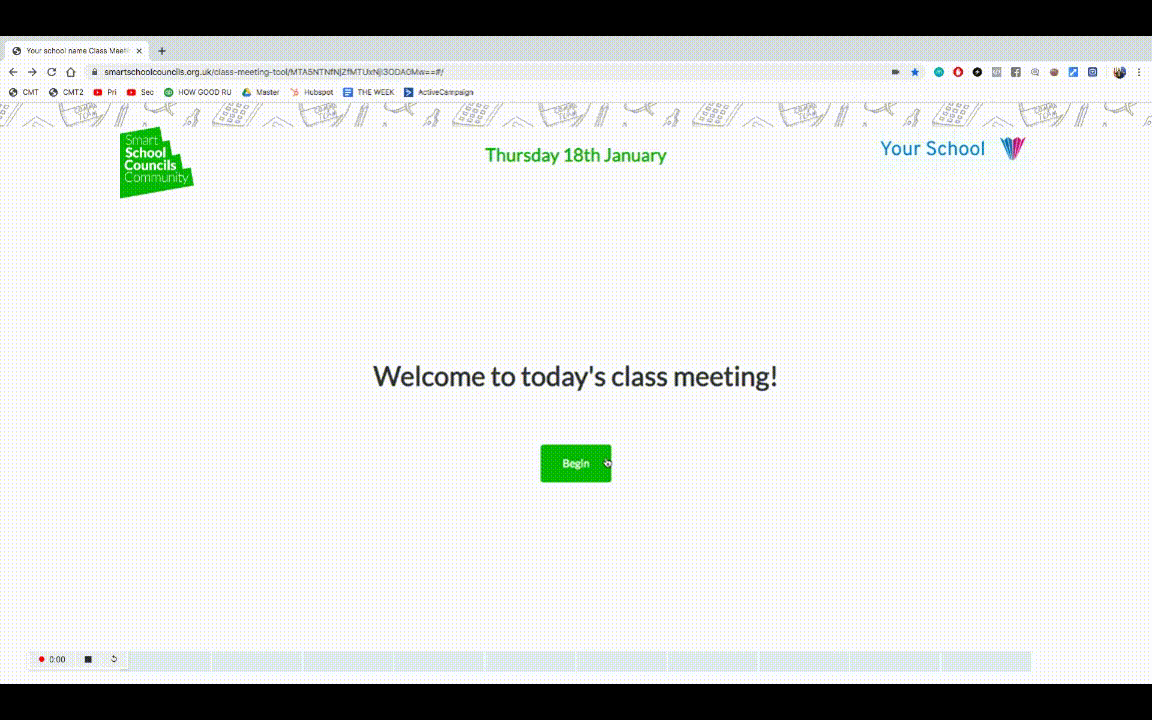The 5 biggest barriers to a great school council & how to overcome them
1 . The same things come up every year
Let me guess… the toilets, school uniform and school dinners?
Think about why they keep coming up. It’s usually because they’re actually important to young people and nothing changes.
Or they just can’t be changed. And pupils haven’t been told that, or it hasn’t been explained to them.
TIP: Be honest and clear about things that can’t be changed. Ask pupils to explore and explain this themselves and tell everyone by using our popular Progress Board idea!
2. How do they work with social distancing?!
How do you actually run a school council when pupils can’t easily mix with one another?
We think your school should change from a representative model which only involves a few pupils. To one where everyone is involved through classes or form meetings.
This also means social distancing in class or year group bubbles can be respected.
3. The usual suspects
Do you think this is fair?
We should be involving pupils who are low income, marginalised or less confident. Rather than setting up a structure that says that getting involved isn’t for them.
This is why we set up Smart School Councils, to create a whole-school approach and involve every pupil, not just the ones who are easiest to involve.
TOP TIP: Reflect on how well your school council encourages all voices to be heard. Does it do a good job?
4. They’re paper-based
Hand-written minutes, pinned to a minutes board somewhere. Or put in a folder for a few years. How engaging is this to most six or sixteen year olds growing up in the digital age?
TOP TIP: Try out our Class Meeting Tool to run simple pupil-led meetings. It’s an interactive meeting tool to help pupils lead a quick five minute meeting in their class without any prep, paper or printing.
5. They’re too teacher-led
I’ve lost count of the number of school council meetings that I’ve seen where the agenda is created by the teacher. And then the meeting is run by the teacher. And then when a project isn’t going great, who steps in to run it? The teacher.
Pupils learn that running a project is easy. You’ll always have someone to step in and do it for you.
TOP TIP: Let projects fail. Support pupils to reflect on why it happened. The learning will be way better than if you prop up projects and meetings as a teacher.



